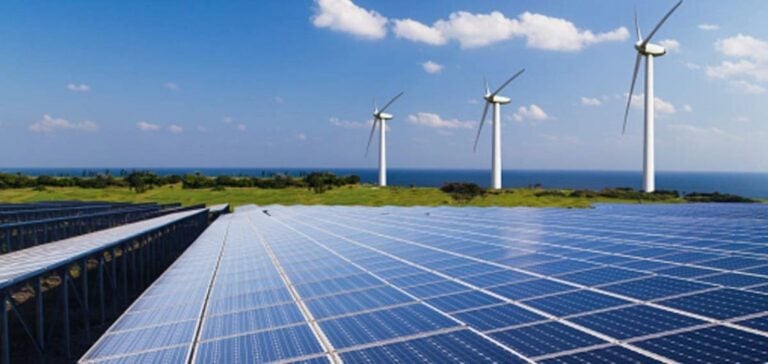Founded in 2020 by EQT Infrastructure IV (EQT) and Temasek, O2 Power is a key player in India’s renewable energy sector. It was structured to meet the country’s growing energy ambitions while adhering to high standards of governance and operational performance.
A strategic transaction for the Indian market
The sale of O2 Power to JSW Neo Energy for USD 1.5 billion marks a decisive moment in India’s energy transition. In just four years, O2 Power secured a total capacity of 4.7 gigawatts, with 2.3 gigawatts expected to become operational by June 2025.
This transaction aligns with India’s goal of achieving 500 gigawatts of installed renewable energy capacity by 2030. The country is positioning itself as one of the most dynamic global markets, driven by ambitious public initiatives and increased private sector support.
A sector in rapid diversification
Under its founders’ leadership, O2 Power diversified its operations, integrating hybrid solutions and battery energy storage technologies. This positioning allowed it to meet the needs of both public and private sectors, enhancing its resilience to economic and health challenges.
The acquisition by JSW Neo Energy highlights the growing interest in renewable assets within a global context of energy transition. By securing this asset, JSW Neo Energy aims to strengthen its role in the sector while contributing to India’s strategic objectives.
Economic and political impact
This acquisition also demonstrates the increasingly strategic role of private players in achieving India’s climate goals. Public-private partnerships are essential for attracting foreign capital and accelerating the deployment of necessary infrastructure.
With the support of financial advisors like Barclays and legal firms such as A&O Shearman, the transaction reflects an attractive regulatory framework and an economic momentum favorable to energy sector investment.






















